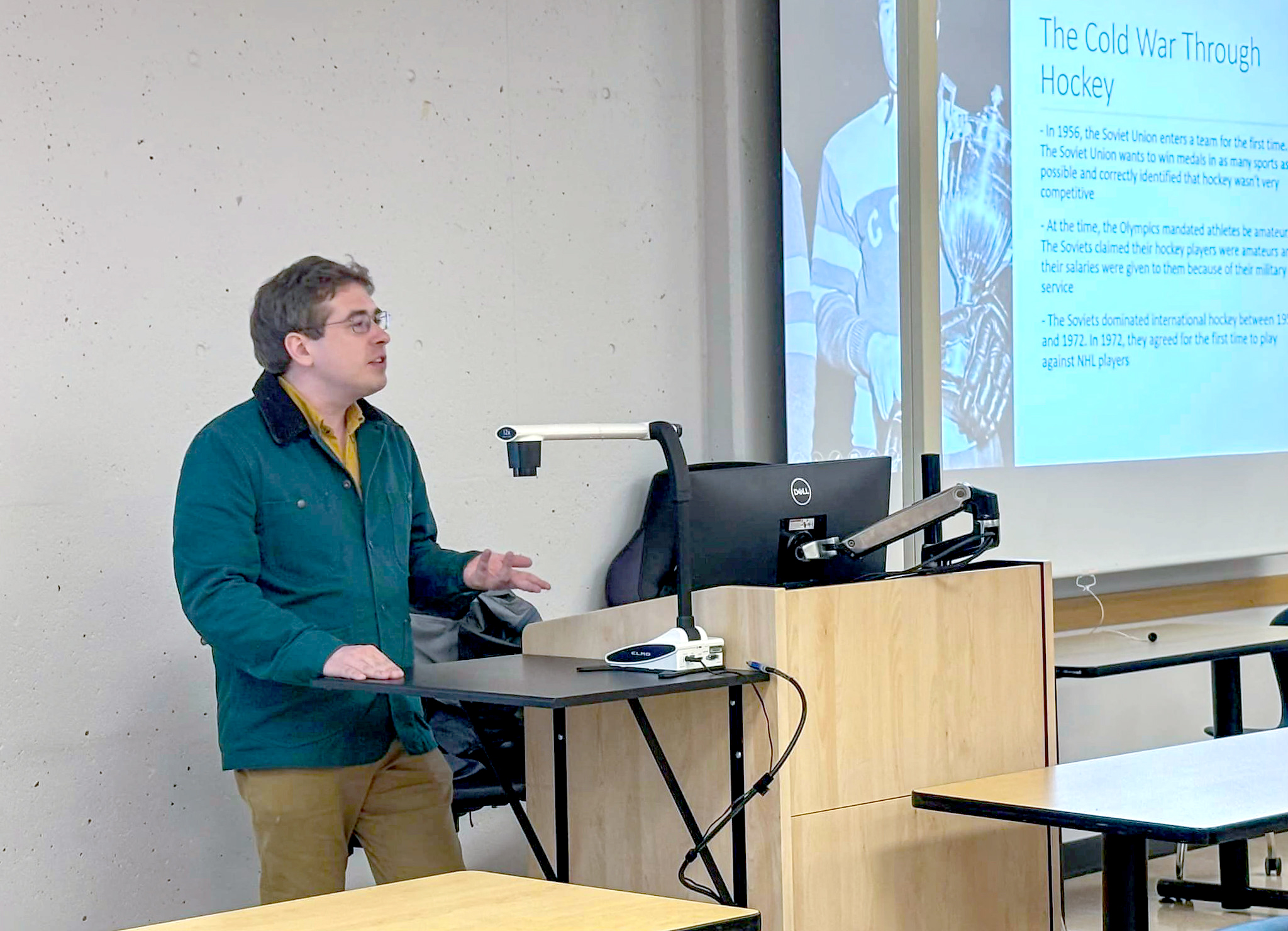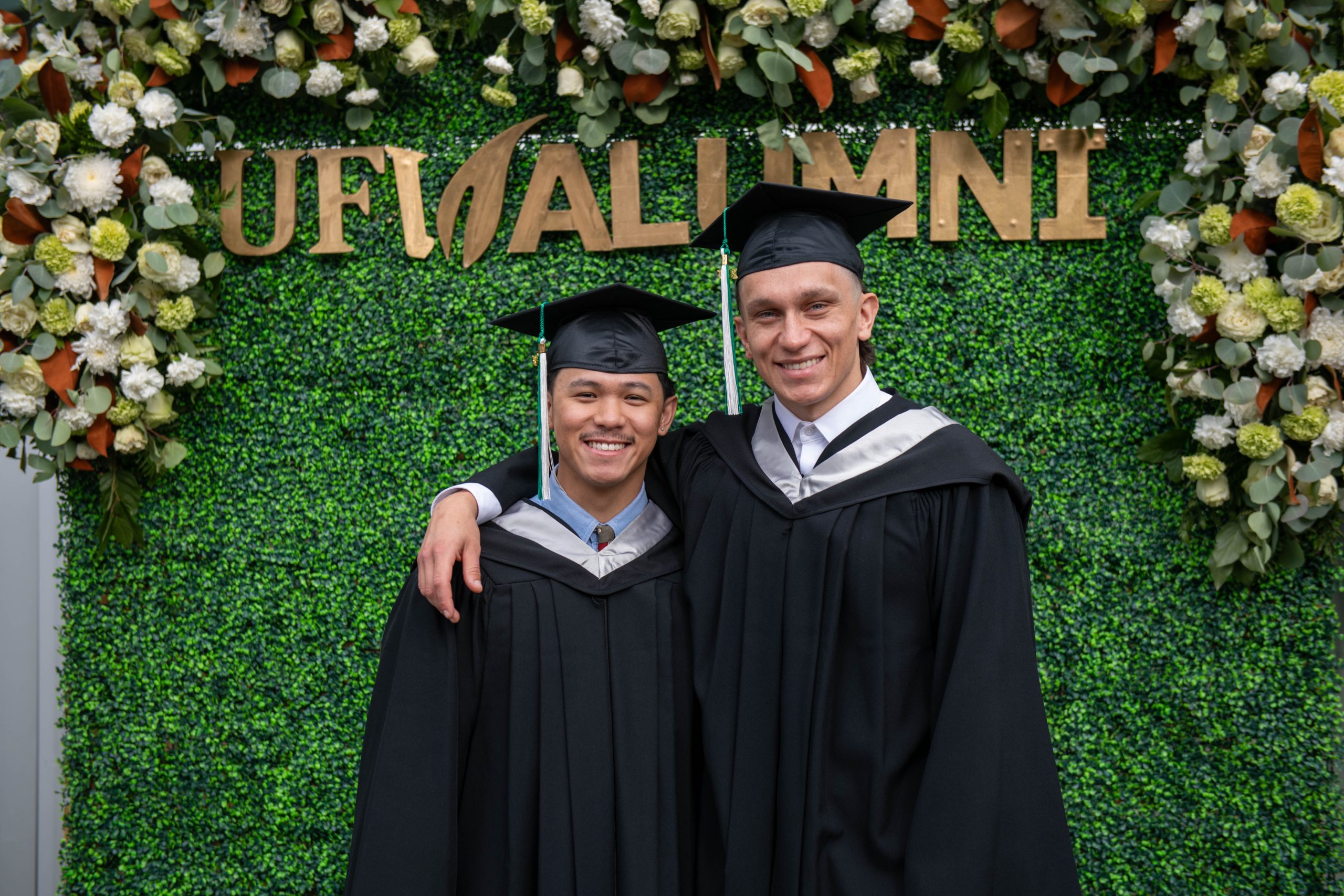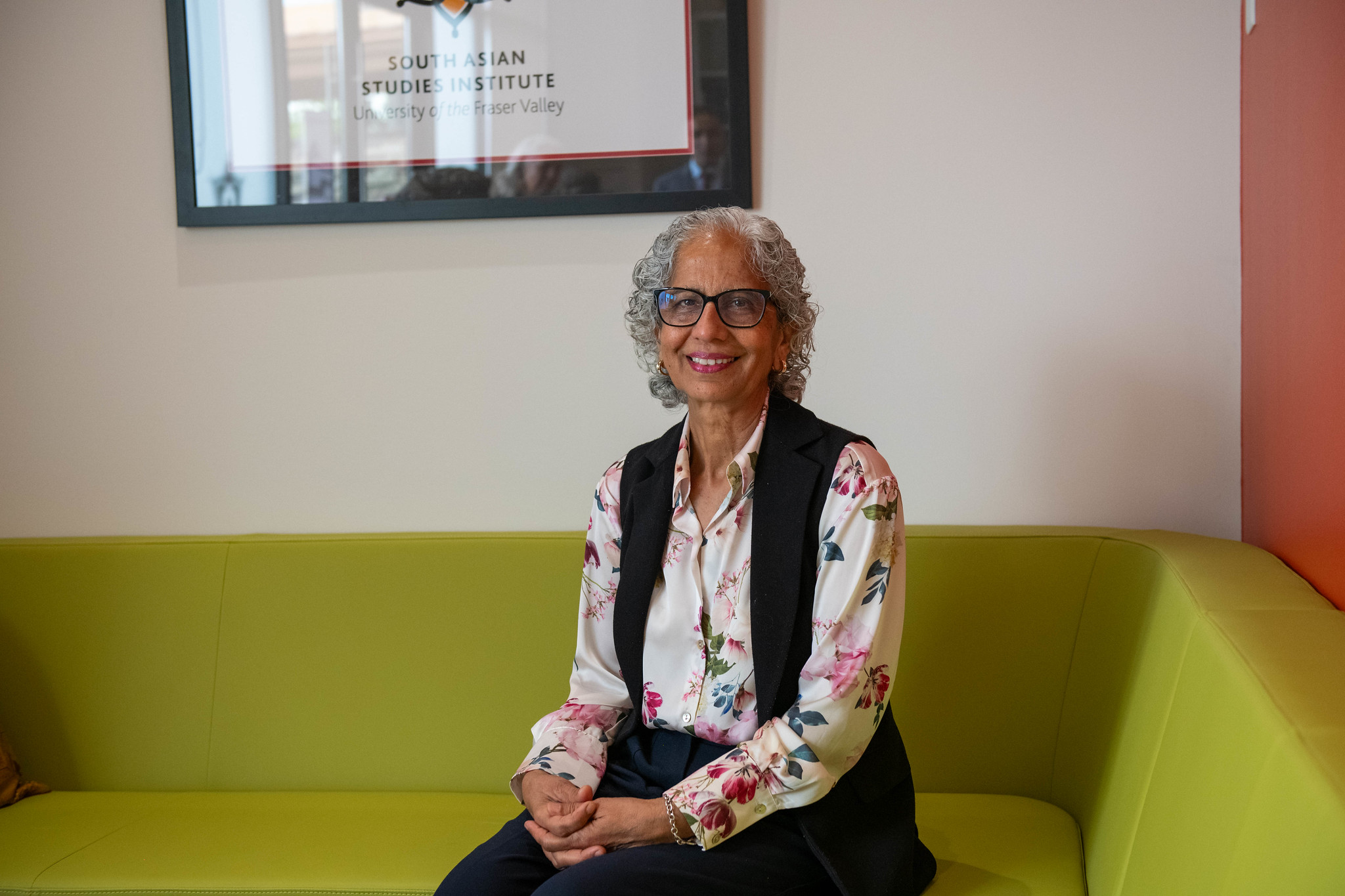2024 UFV Honorary Degree recipient Michelle Good: “A believer in radical hope”

Michelle Good is a Cree woman, an activist, lawyer, storyteller, mentor – and now a 2024 Honorary Degree recipient from the University of the Fraser Valley.
Through her writing and activism, she has confronted the genocidal nature of Canada’s laws and policies regarding Indigenous people, in particular, the pervasive removal of children through the Residential School system and its modern equivalent, the child welfare system. At the heart of these systems, she says, is an unchanging intent to systemically eradicate Indigenous peoples.
Good did the math. She divided the compensation she received from the 60s Scoop settlement to find what the daily amount was, what her “per diem” would be. For five years in care, she received what amounts to a paltry $13.69 a day – the title of one of the essays in her collection, Truth Telling: Seven Conversations about Indigenous Life in Canada. She’s also quick to point out that for the vast majority who spent ten years in the system, the amount would have received half of her daily amount.
Good’s point in breaking down 60s Scoop compensation is to demonstrate that monetary compensation, by its nature, is insufficient and does little to heal the profound harms caused by taking of Indigenous children from their families. But the Canadian legal system has no other method to compensate for harms done. “Value is defined in dollars,” she says. “What is needed is a change in values at the heart of Canadian systems such that the provision of necessary resources for healing would be the only obvious remedy.”
“This chapter is autobiographical,” she continues. “I am a survivor, an inter-generational survivor of residential schools and a direct survivor of the 60s Scoop. I thought if I could make this personal, people could have a better understanding of what hundreds of thousands of Indigenous children went through and continue to go through.”
In Truth Telling, Good, a member of the Red Pheasant Cree Nation, shares her own story of survival and resilience. As a 15-year-old, she spent months in hospital with a serious injury; she can count on one hand the number of people who came to visit. She filled her days with books, self educating as she always had. Her family had always stressed the importance of education and it never occurred to her that she would not one day make it to university. Upon leaving the hospital at 16 Good enrolled in an upgrading program and from there began her post secondary journey at Langara College.
Good attended UBC Law School and immersed herself in the teachings around social order and justice. She worked for Justice Canada and practiced law in Kamloops, before launching her own practice in 2007. In her practice Michelle explains that her clients were all survivors. “I did almost exclusively residential school cases. And they were just the most wonderful, amazing people who taught me a tremendous amount in different ways.”
Even while practicing law, Good continued her educational journey, pursuing an MFA for the specific purpose of writing her first novel, Five Little Indians which was published in 2020 to instant acclaim.
When Good visited UFV last fall, she engaged in conversation on how non-Indigenous Canadians can work to further justice, truth, and ultimately, reconciliation. And she’s said, “the most important thing in terms of reconciliation is the ability of Indigenous and non-Indigenous people to speak to each other with mutual respect.”
Overall, Good says, it’s young people who give her hope for change. “I did a talk at a high school recently, and about three weeks later, I got a package of index cards in the mail. Each of the students had written how they were impacted by Five Little Indians and, she continues, “it was quite profound what 14-year-olds had to say.
“They’re the next generation moving to university, and out into business and industry. And they’re accepting what we’re saying about truth instead of just patting us on the back.”
Good says it’s experiences such as the simple gesture of the students’ notes that give her hope. “The most radical thing you can do is have hope in an apparently hopeless situation,” says Good. “Hope is one of the most powerful things you can have. It’ll keep you going.
“I am a believer in radical hope.”





